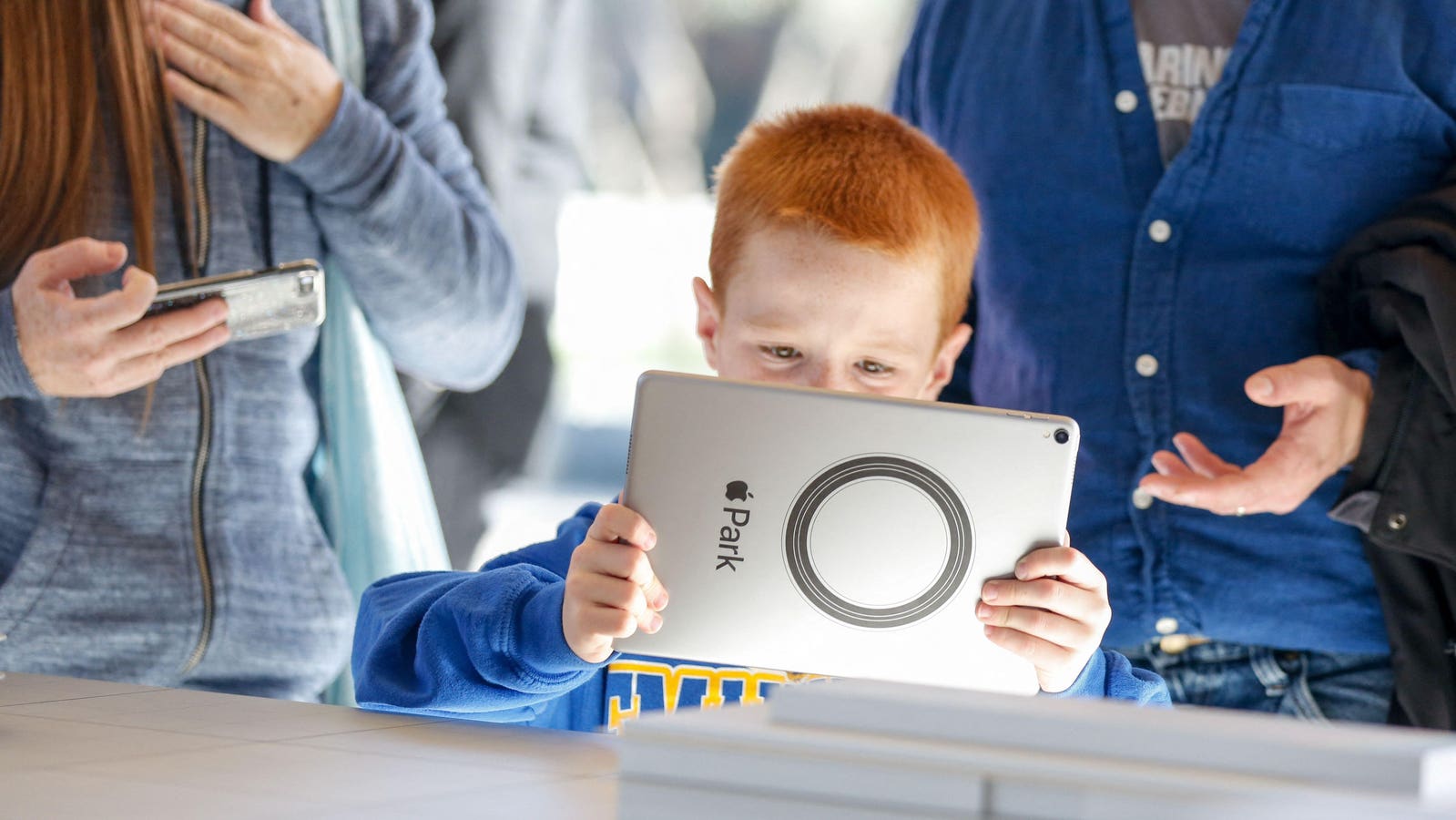Time: 2024-08-13
A recent study published in JAMA Pediatrics suggests that tablet use among young children may lead to increased anger and frustration later on . Researchers found that children who used tablets at 3.5 years old were more likely to exhibit outbursts of anger at 4.5 years old . Similarly , kids who displayed higher levels of anger and frustration at 4.5 years old were prone to increased tablet use at 5.5 years old . This bidirectional relationship between tablet use and emotional regulation highlights the potential negative impact of Screen time on children 's behavior and development.
The study , which involved 315 parents of preschool - aged children from Nova Scotia , Canada , underscores the importance of monitoring and limiting children 's screen time . The findings suggest that excessive tablet use can disrupt emotional regulation and hinder a child 's ability to manage their negative emotions effectively . This could potentially lead to long - term issues with anger management and emotional well - being.

Researchers noted that the exact mechanisms through which tablet use affects emotional development are still unclear . Children typically learn emotional regulation through observing their parents ' strategies or through direct coaching from caregivers . However , tablet use may interfere with these learning pathways , reducing opportunities for children to develop effective emotional regulation skills . Understanding the nature of interactions with tablets , such as active versus passive use , and the level of parental involvement during screen time , is crucial for further research in this area.
The study 's findings highlight the need for parents to set limits on screen time and avoid using tablets as a substitute for addressing children 's emotional needs . By delaying smartphone and social media use , encouraging real - life social interactions , and engaging in open conversations about the impact of technology , parents can help mitigate the potential negative effects of excessive screen time on their children 's emotional well - being.
The research on screen time and its impact on children 's behavior and development continues to raise concerns among parents , educators , and healthcare professionals . Studies have shown that prolonged screen time , especially on social media platforms , can contribute to mental health issues such as depression and self - harm among adolescents . As children spend increasing amounts of time on digital devices , concerns about the negative consequences on physical activity , social interactions , and sleep patterns have grown.
Efforts to regulate children 's screen time and promote healthy technology habits are essential in addressing these growing concerns . By encouraging balanced use of technology , emphasizing real - life interactions , and setting clear boundaries on screen time , parents can help support their children 's emotional well - being and overall development . It is crucial for parents to be proactive in managing their children 's screen time and promoting healthy alternatives to excessive digital engagement.